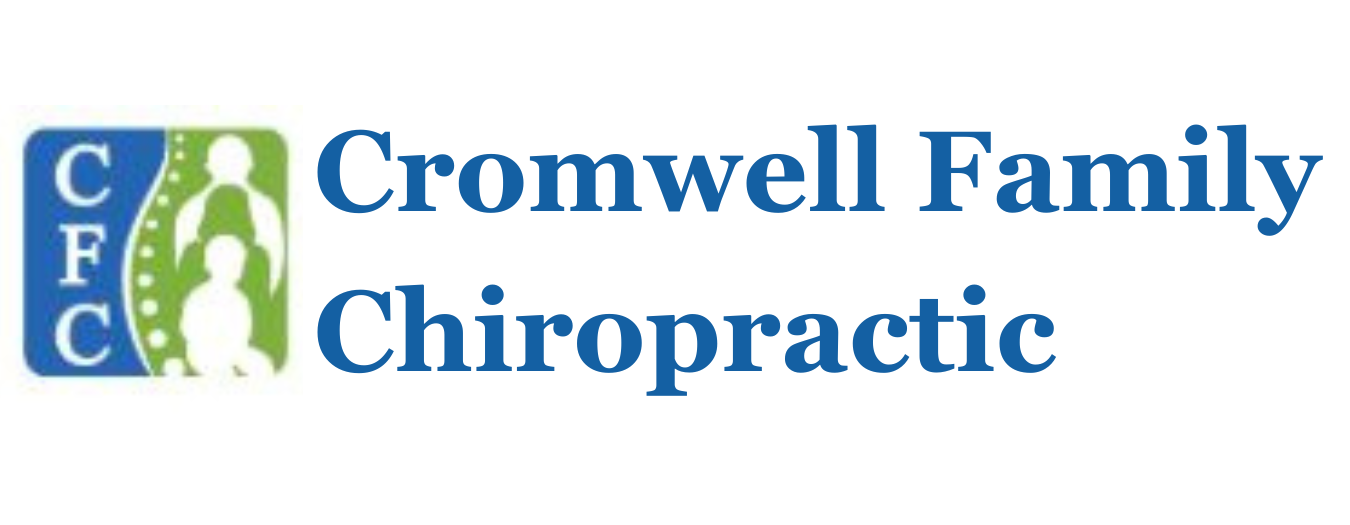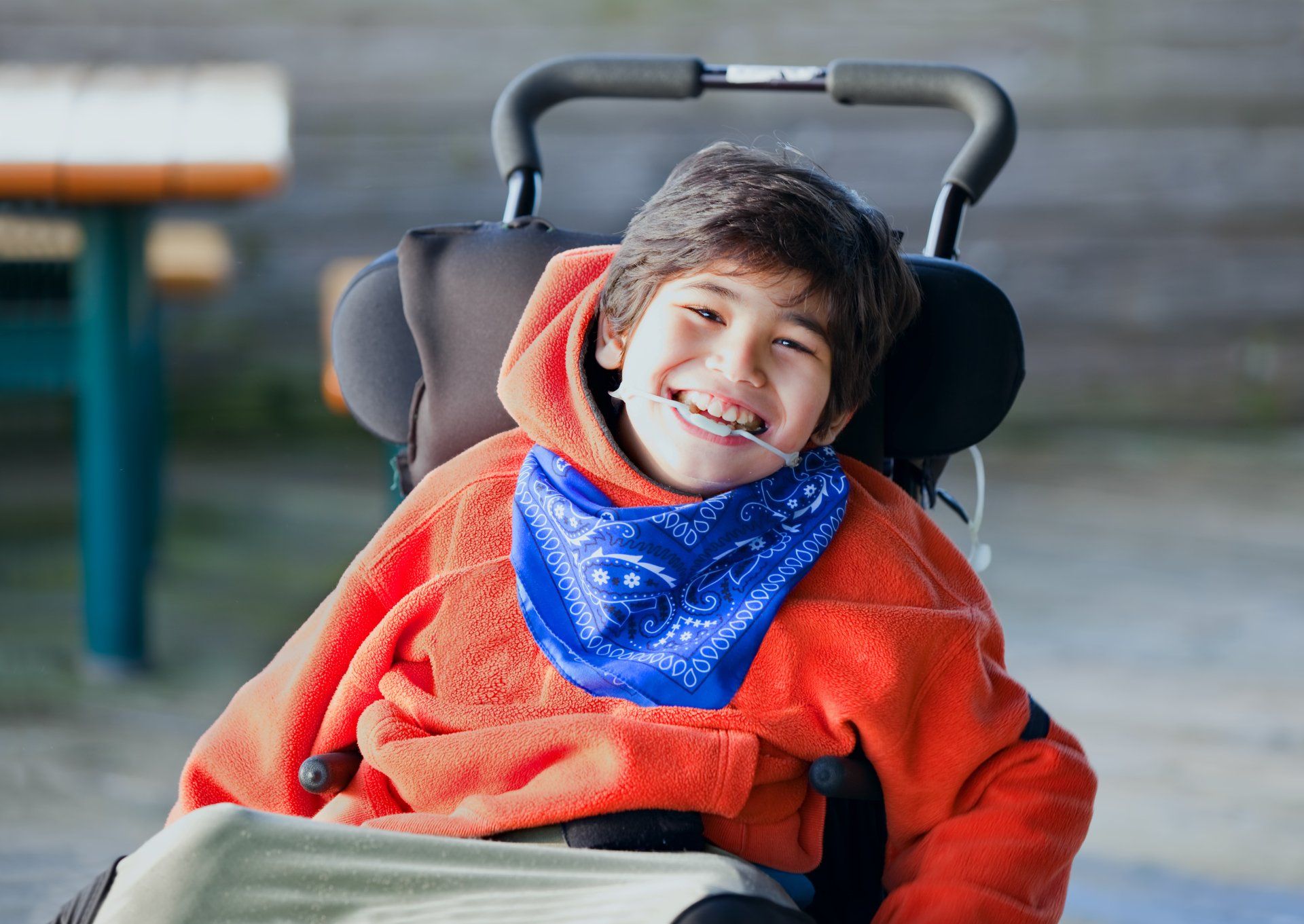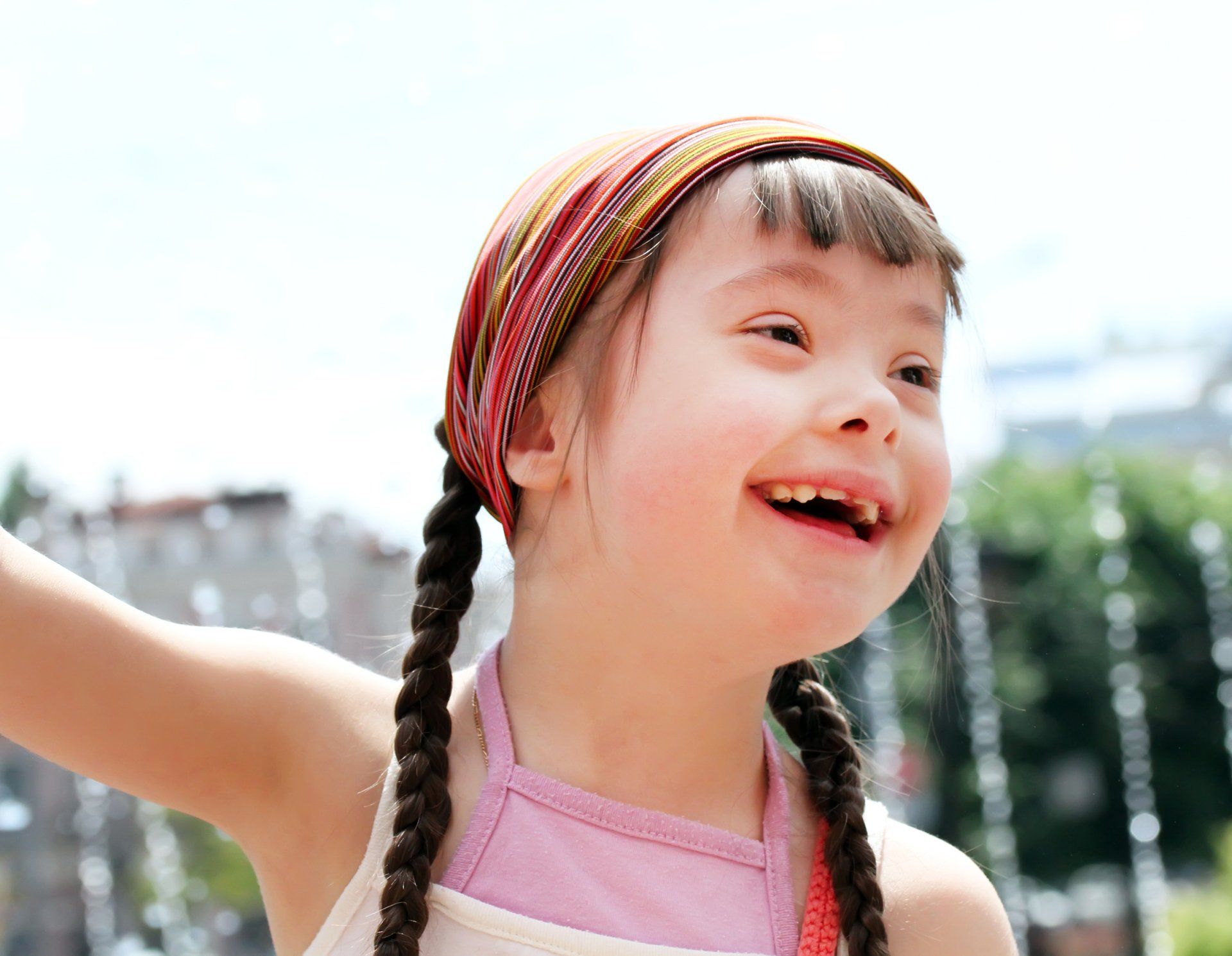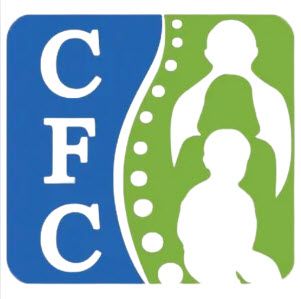Massage therapy, what is it?
Massage therapy is a type of soft tissue manipulation that includes rubbing, kneading, pressing, tapping and vibration on the muscles, using the massage therapist’s hands, to promote well-being. Massage therapy has shown to be beneficial in the treatment of many ailments and injuries.
Some of the benefits include: increased blood and lymph circulation, increased range of motion, stimulate (but not strengthen) weak muscles, positively affect the central nervous system, reduce aches and pains, can prevent or delay muscle atrophy and contractures due to inactivity and muscle tightness, and reduce stress.
Who specifically can benefit from massage?
Almost anyone can benefit from massage. General massage benefits people who suffer from chronic pain, tight muscles or increased muscle tone or low muscle tone and stress. People with repetitive movement problems such as wringing, rocking and other types of nervous movements, and people who suffer from excitability problems such as outbursts and inability to calm are great candidates for both general massage and craniosacral massage.
Massage therapy can be a very beneficial service for people with special needs. Not only does it feel great but it can also greatly improve health and quality of life.




